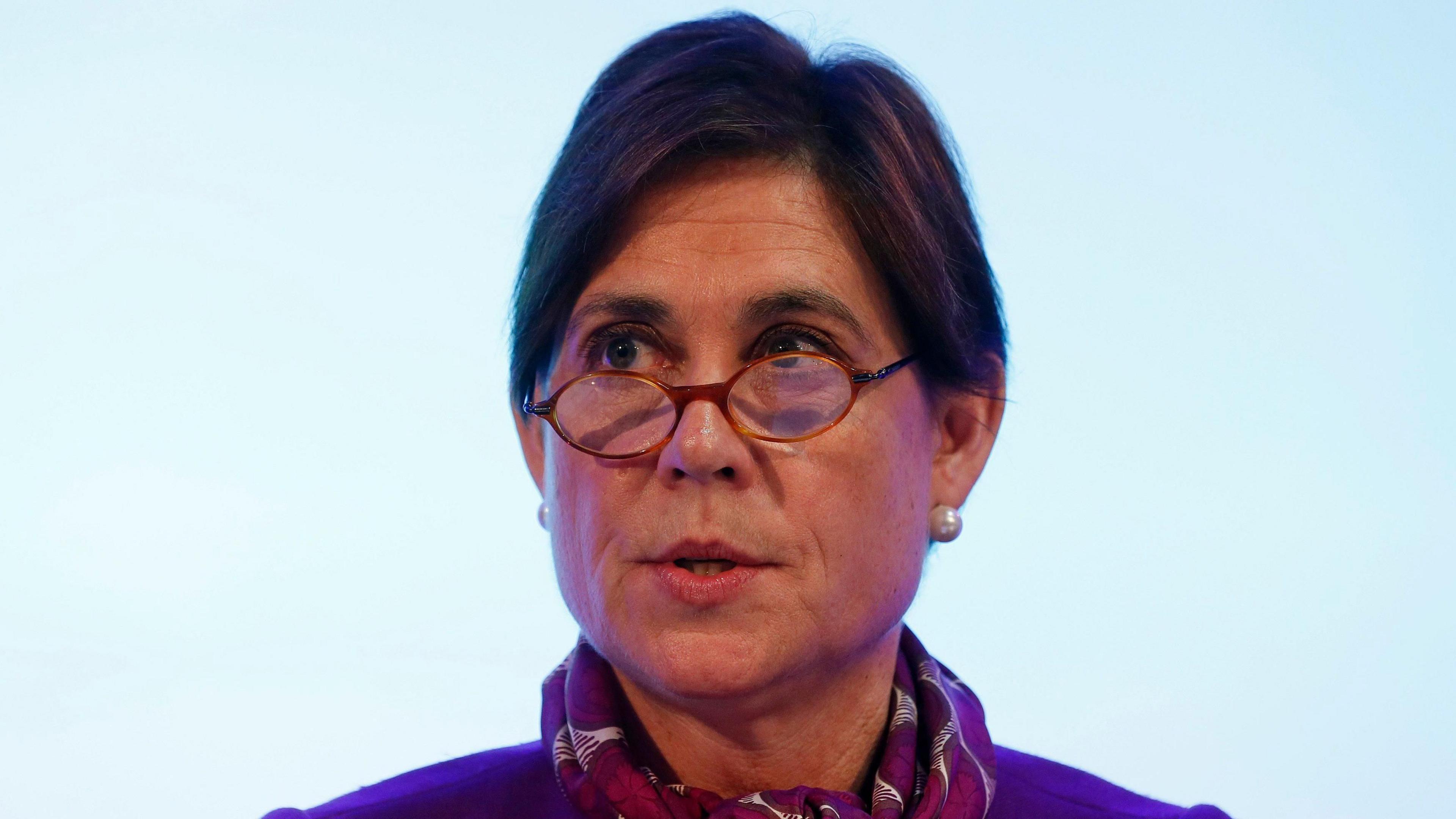'We begged for help for years but it wasn't there'

Emma Harley said there was a "complete lack of care and compassion" towards her brother
- Published
The sister of a man who took his own life after battling mental health issues for years said there was "a complete lack of care and compassion" towards him.
Terry White - a father-of-two from Basildon - was 36 years old when he died in 2019. His death is one of more than 2,000 under mental health services in Essex which are the subject of the Lampard public inquiry.
Mr White's sister Emma Harley said the family had "begged for help for years...[but] it wasn't there; we were met with a brick wall at every turn".
The trust in charge of mental health services in Essex has apologised to bereaved families and said improvements have been made.
'Undiagnosed for years'
"He was full of energy, bouncing off the walls - so much fun to be around," Emma said of her younger brother.
"He used to get himself into a lot of pickles… but everybody loved him, everybody wanted to spend time with him."
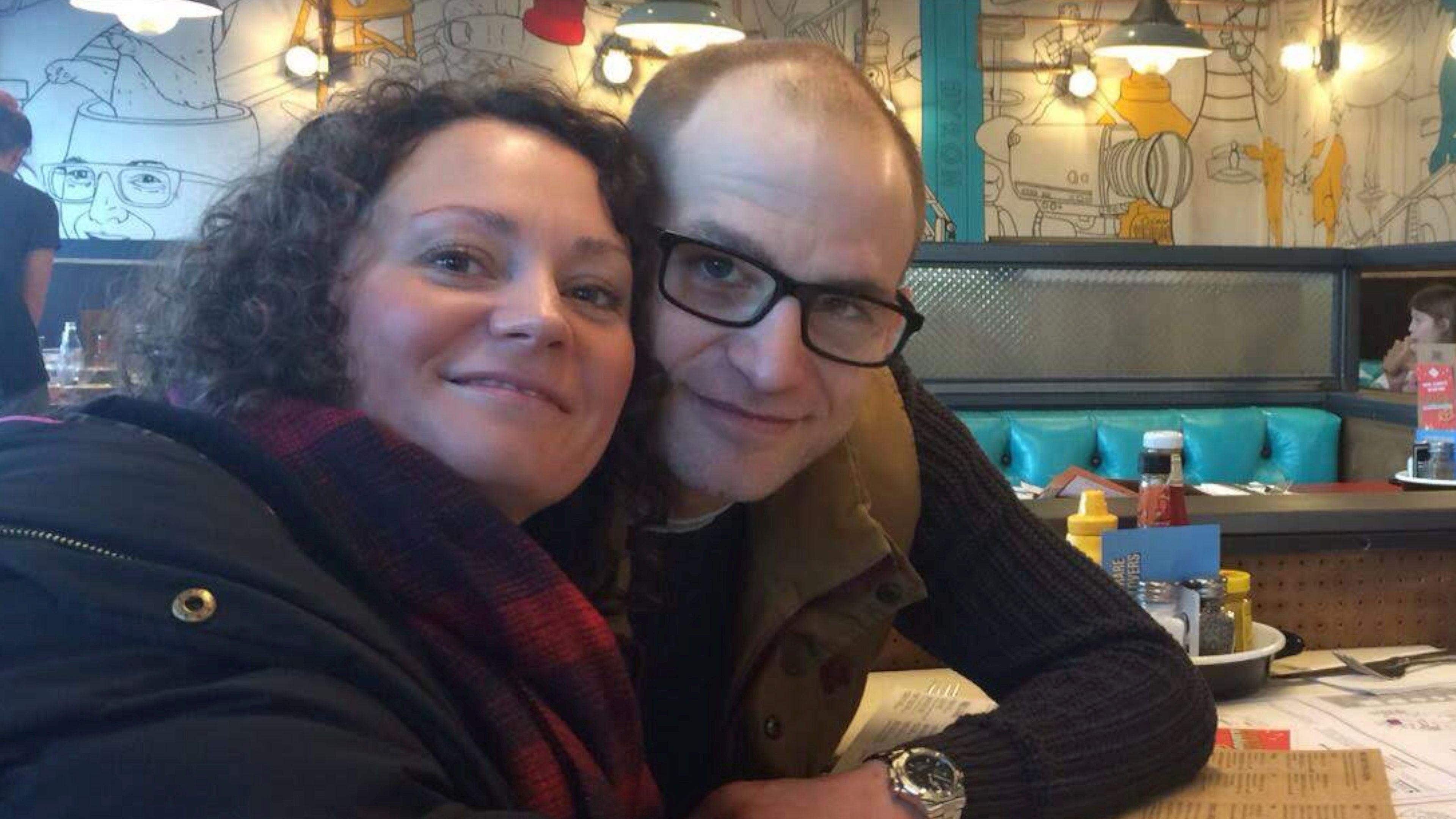
Emma Harley said her brother was "the most lovable, energetic person you could ever meet".
Ms Harley said Terry's neurodivergence and attention deficit hyperactivity disorder [ADHD] went undiagnosed until he was a teenager due to a general lack of understanding about mental health at the time.
Speaking to the BBC ahead of giving evidence to the Lampard Inquiry, she said her brother - unable to get the help he needed - turned to illegal drugs as a way of self-medicating.
Mr White tried several times to end his own life. On the penultimate attempt, his sister said his request not to be discharged from Basildon Hospital was met with a lack of sympathy.
"I heard [the receptionist] say 'as I've told you before sir, there's nothing else we can do - if you don't leave, we'll call security'," Ms Harley said.
"That kind of sums up the level of compassion that was shown throughout his whole life."
Mid & South Essex NHS Foundation Trust, which runs Basildon Hospital, sent its "sincere condolences" to Terry's family and said it had "changed the way we support people with mental health problems".
'Completely let down'
Ms Harley described the phone call telling her that Terry had died as one she had been waiting for "since he was a teenager - I knew it would come one day".
"I still feel guilt that I couldn't save him," she told the BBC, adding she was angry and frustrated her brother was not offered therapy, a mentor or a key worker as a single point of contact, and she said he might still be alive with that help.
Emma said there were multiple missed opportunities, but her brother received little help or sympathy from the police or medical services.
"He ticked every single box for being the most at risk of suicide, yet no-one ever saw that - he was completely let down," she said.
"He was just dismissed as a bit of a druggie, and his mental health was never looked at in any seriousness."
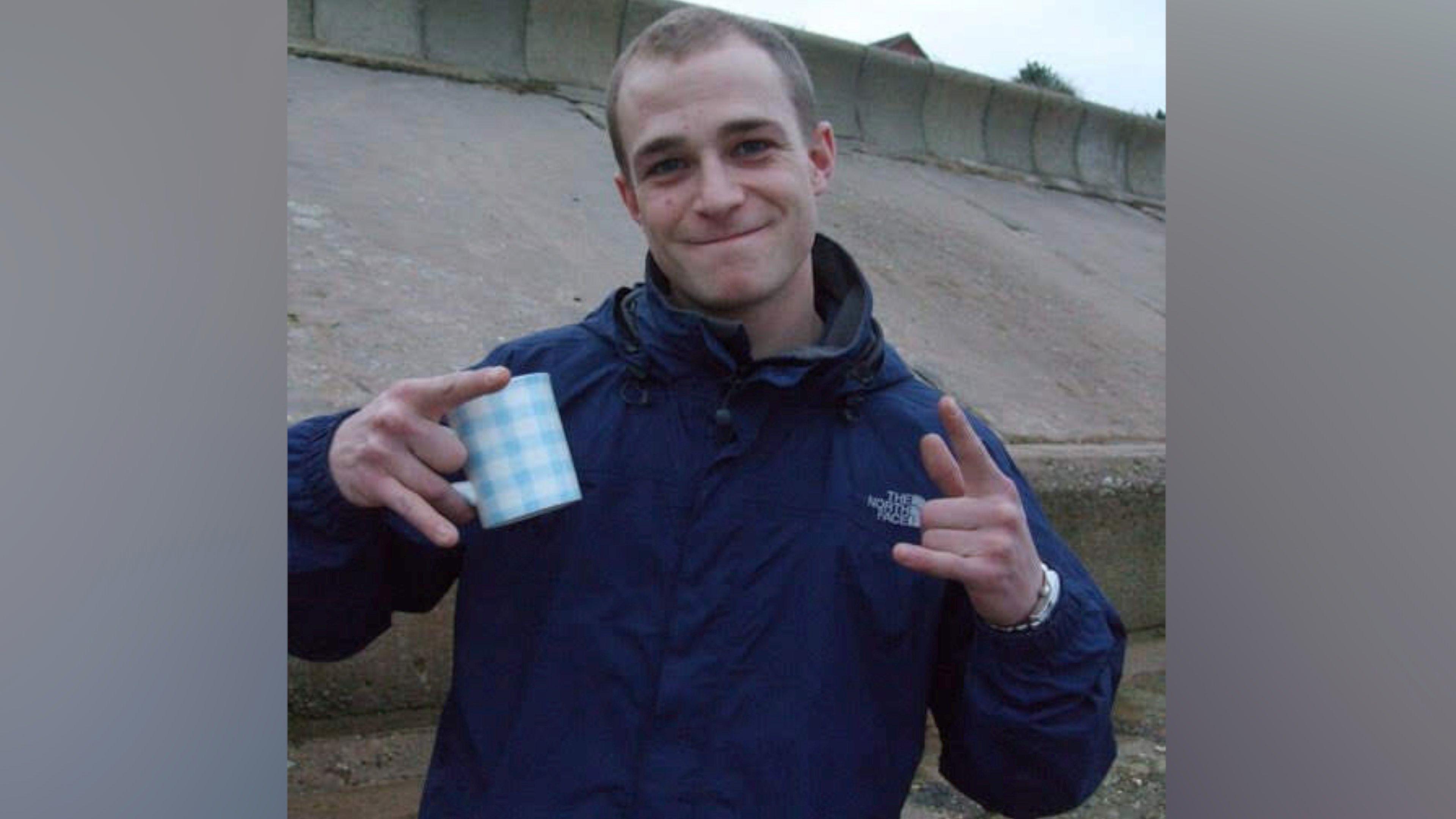
Emma Harley said there was a "disproportionate focus" on Terry White's substance misuse without looking at the bigger picture of his mental health
Ms Harley's evidence at the Lampard Inquiry has been heard across the final two days of the fifth set of hearings.
The inquiry is looking into the deaths of more than 2,000 people under mental health services in Essex between 2000 and 2023.
"There needs to be real, radical, long-lasting change… we all recognise that has to happen after this [inquiry]," Ms Harley said.
"The main focus might be on Essex but this needs to trigger change across the whole country."
Baroness Lampard has repeatedly stated her intention that her recommendations are implemented following the inquiry, and has established a forum to try to ensure that - believed to be the first public inquiry to take such a measure.
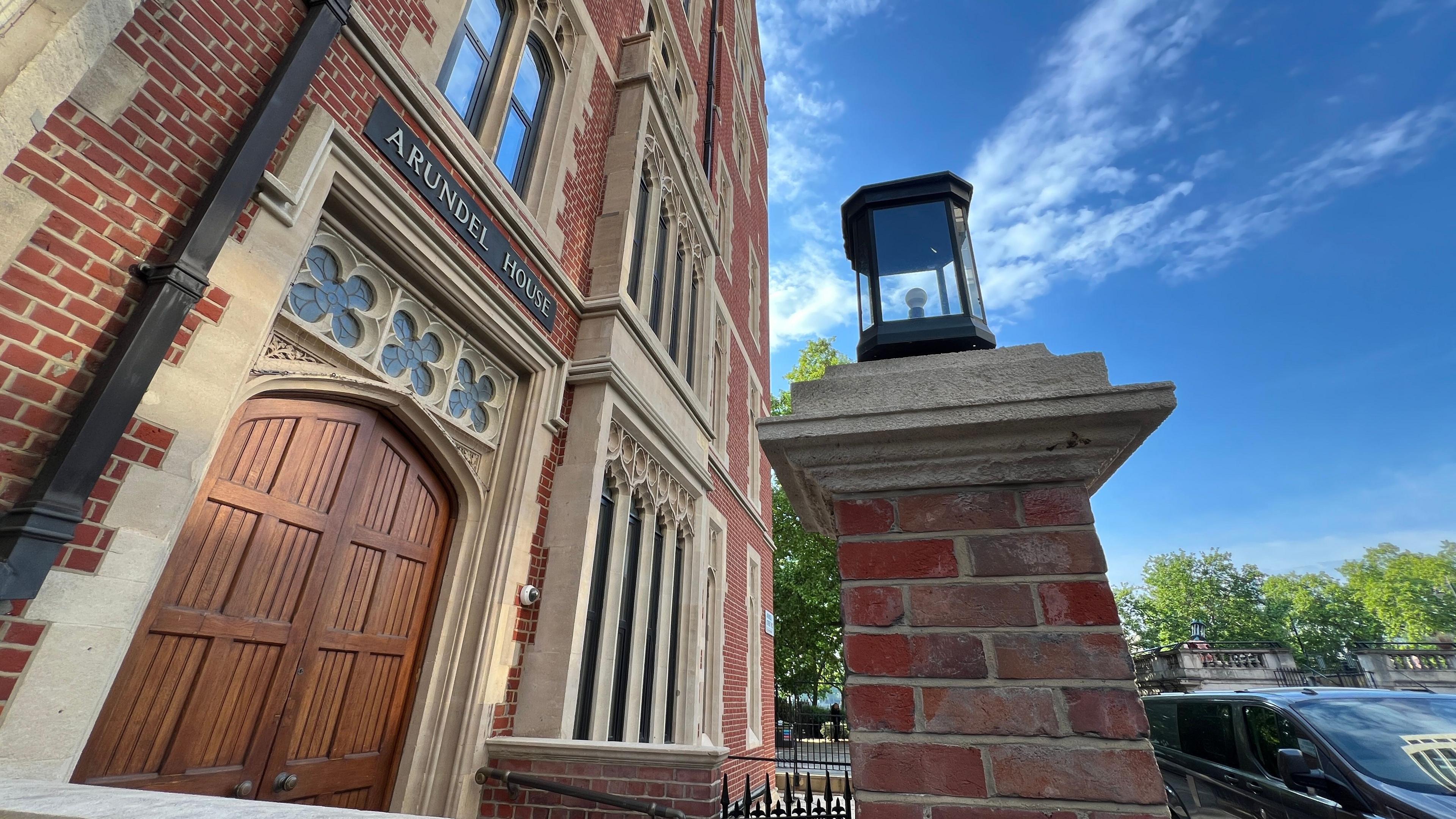
The Lampard Inquiry is being held at Arundel House in London
Priya Singh, partner at Hodge Jones & Allen, which represents Ms Harley and more than 120 victims and families at the inquiry, told the BBC that Terry White and his family were "appallingly let down... [and] ignored repeatedly with tragic consequences".
Paul Scott, chief executive of Essex Partnership University NHS Foundation Trust - which runs mental health services in Essex - said his thoughts were with Mr White's family.
"As the inquiry progresses there will be many accounts of people who were much loved and missed over the past 24 years, and I want to say how sorry I am for their loss," he said.
"All of us across healthcare have a responsibility to work together to improve care and treatment for all and to build on the improvements that have already been made over the last 24 years."
The Department of Health and Social Care said it was "committed" to assisting the Lampard Inquiry which "will play an important role in identifying wider learnings for the health system".
A spokesperson for the government said it was transforming mental health services across the UK, backed by £688m in funding this year, including investing £26m for new mental health crisis centres and hiring more staff.
Essex Police said it was assisting the Lampard Inquiry "and we are committed to addressing any learning identified by the inquiry at its conclusion".
The next set of hearings at the Lampard Inquiry will be in February 2026.
If you have been affected by any of the issues raised in this story, you can get help and support at BBC Action Line.
Get in touch
Do you have a story suggestion for Essex?
Follow Essex news on BBC Sounds, Facebook, external, Instagram, external and X, external.
- Published13 October
- Published14 October
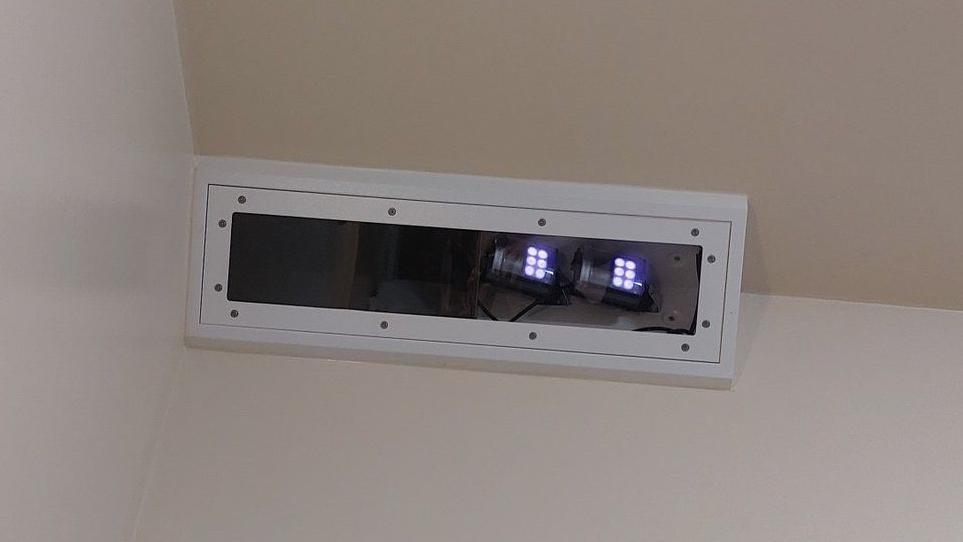
- Published6 May
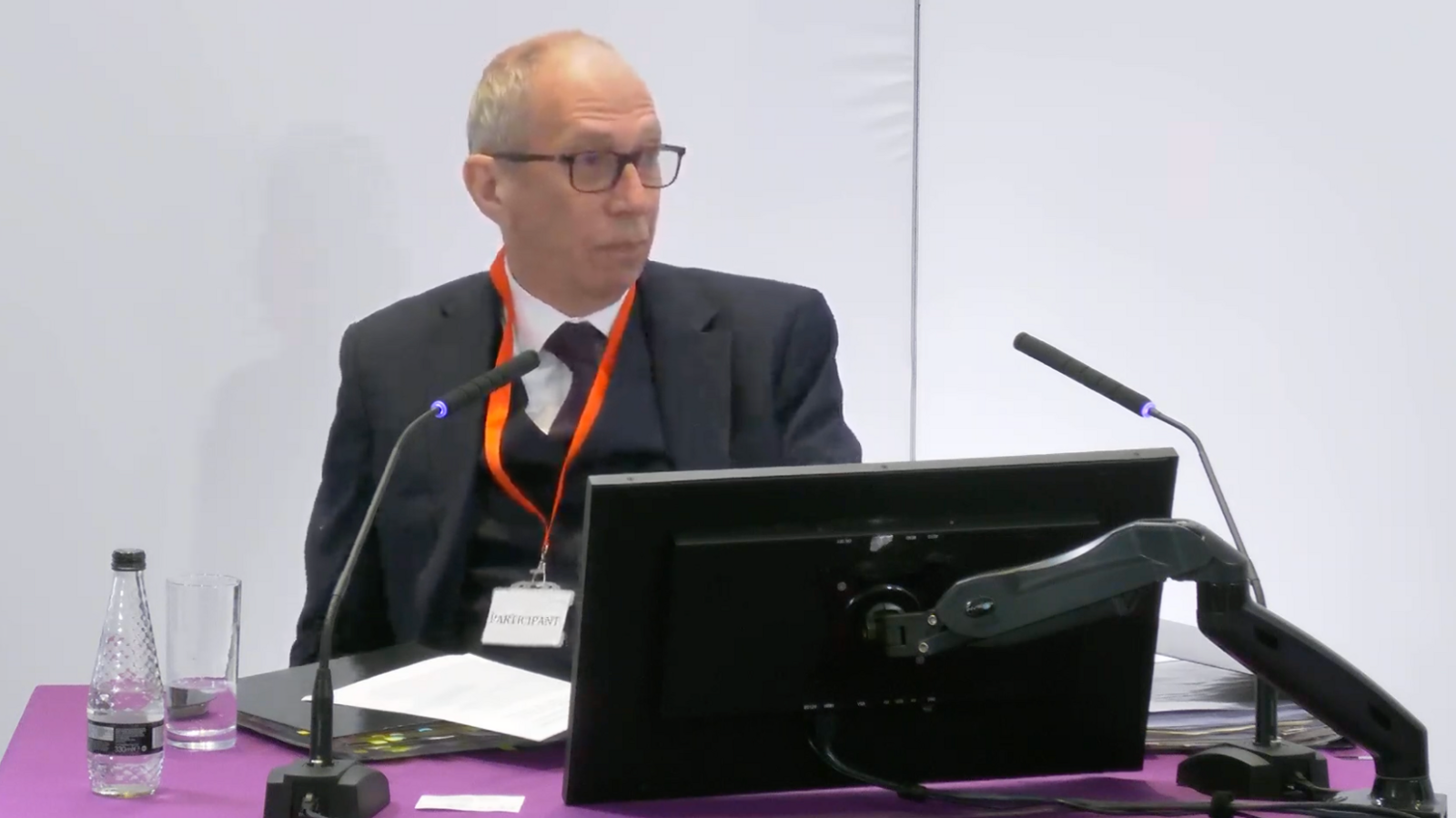
- Published18 October
